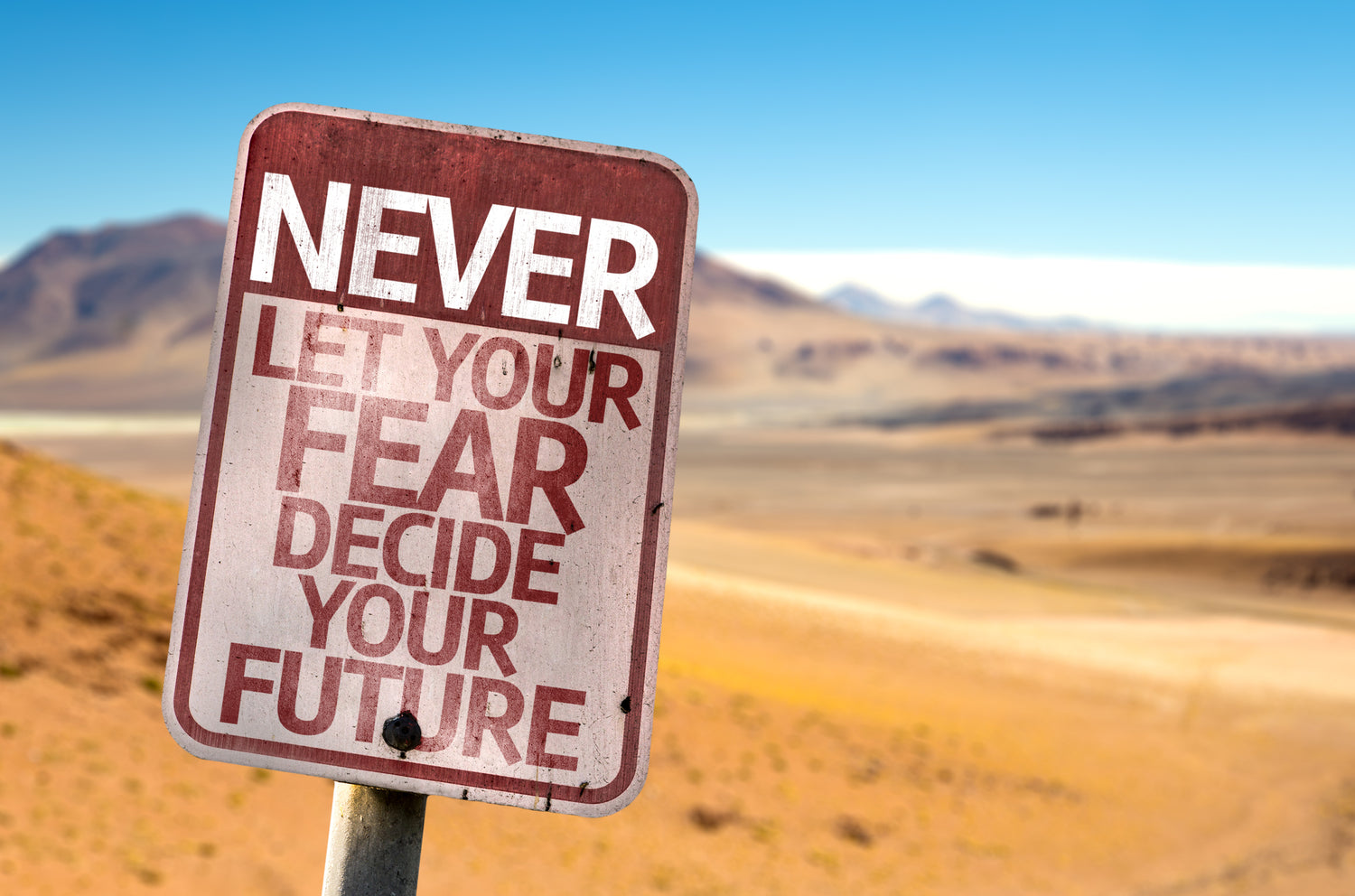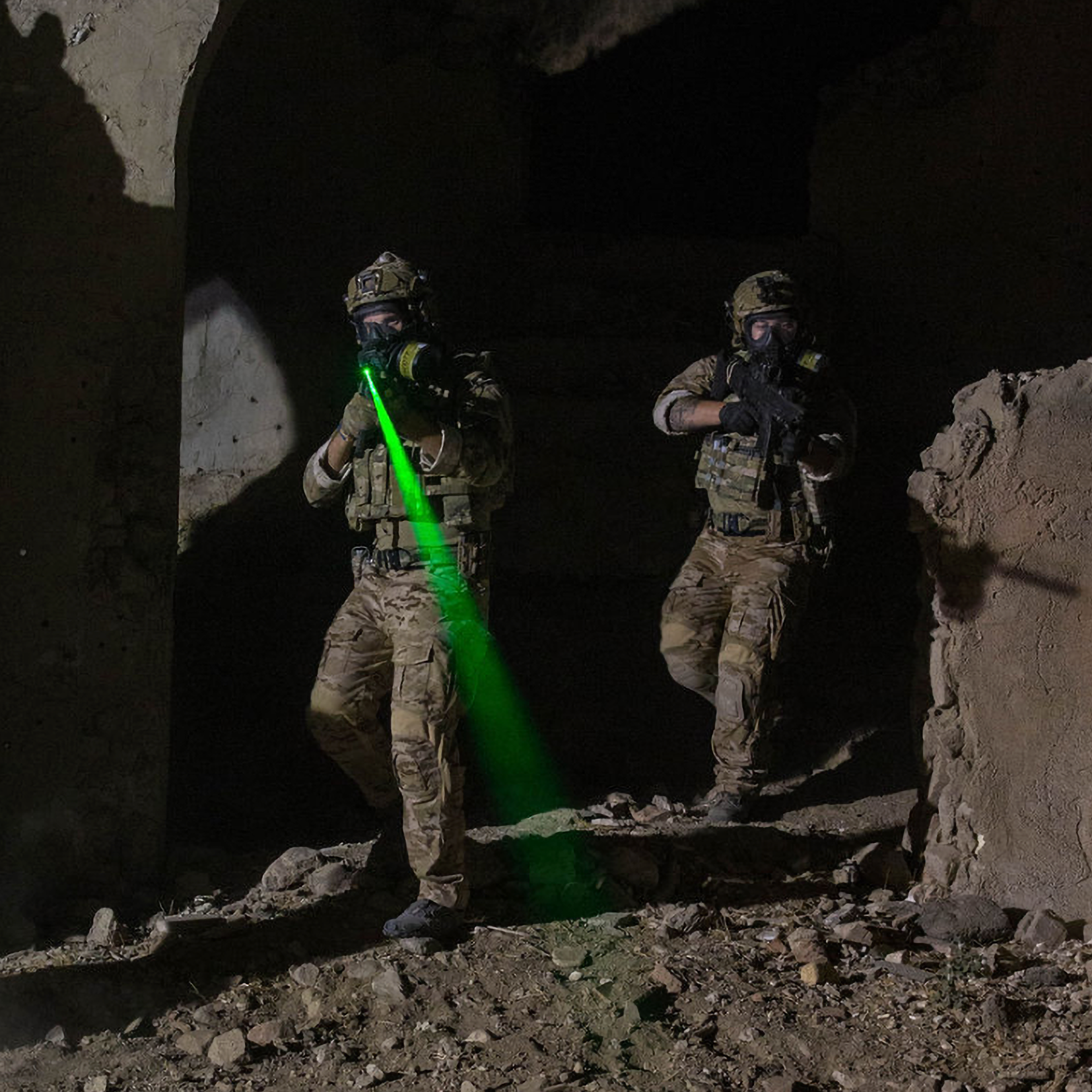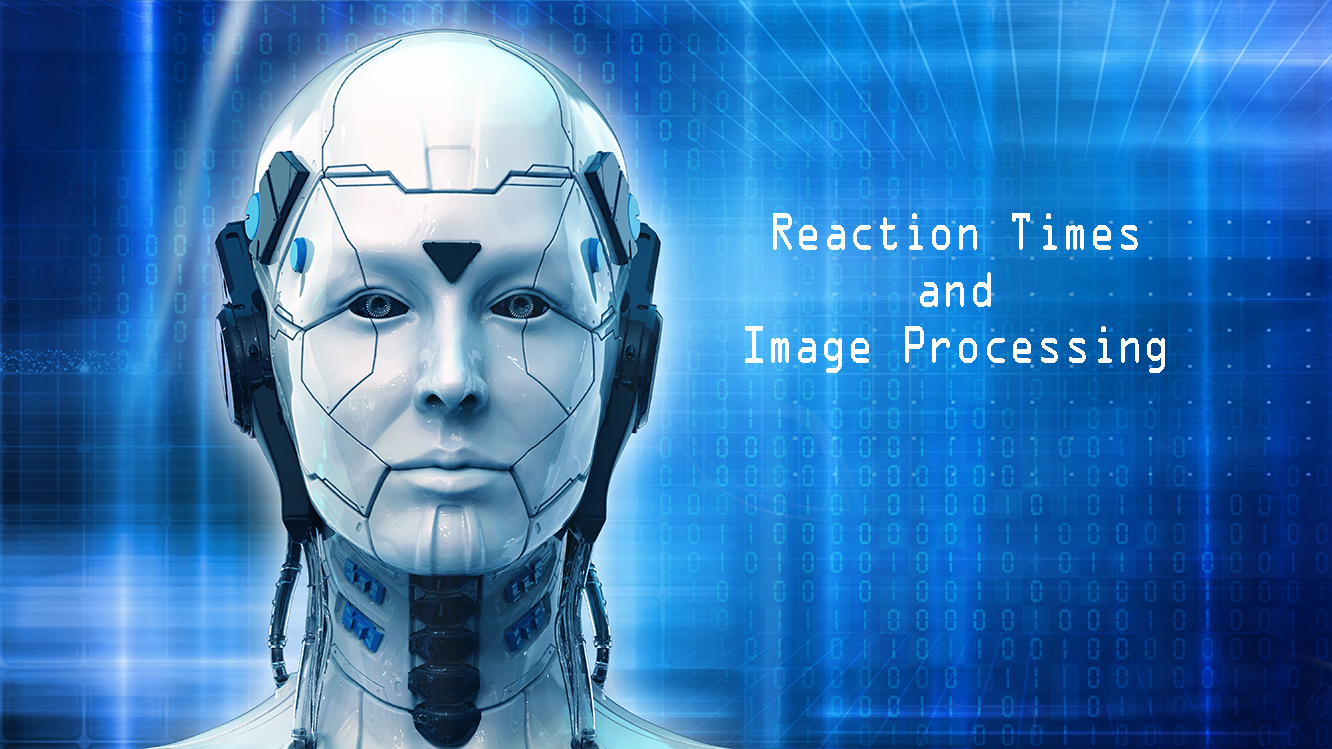What role does fear play in the fight or flight response? Many years ago, when I was just a young pup in the SEAL teams I was told to expect to experience tunnel vision and other symptoms associated with the fight or flight response. I was taught that the fight or flight response was something negative and something to be overcome. I experienced the symptoms of fight or flight, but as the years went by I noticed my physiological reaction to life threatening moments changed. However, I began to realize that my bodies physiological response was not inhibiting my reaction to events but enabling a much better response. So, I put forth some effort, I'm certainly not a neuroscientist but I'd like to share with you what I found and what I think is going on.
Historically, many have claimed the bodies release of epinephrin and other hormones during the fight or flight response are detrimental to performance. What of those people who claim the hormones released facilitated a better response? Assuming the Creator made no mistakes, what if our bodies natural response is detrimental to those who haven't learned how to control it and advantageous to those who can?
(Author) Speaking for myself, I've experienced huge adrenaline rushes my entire life. When I was in my teens, I found the adrenaline rushes to be very overwhelming, they made me dizzy and nauseous. However, when I entered BUD/S training to become a Navy SEAL I also started practicing meditation. What I found throughout my career in the SEAL teams was that adrenaline was advantageous. The adrenaline provided increased strength as well as substantially better mental clarity, which on one occasion lasted for several days afterwards.
Studies show that if you are simply injected with epinephrin you will not necessarily experience tunnel vision or any of the other symptoms of Acute Stress Response. Therefore, tunnel vision is not a result of the bodies release of hormones and must be related to occurring thought processes. In fact, a panic attack is recognized to be a form of Acute Stress Response and tunnel vision recognized to be a symptom of extreme anxiety. The similarities between a panic attack and fight or flight are strikingly similar.
|
Panic Attack Symptoms |
Fight or Flight Response Symptoms
|
|
• Fast and shallow breathing
|
|
|
|
|
|
|
|
|
|
|
|
|
|
|
|
|
|
|
|
|
|
|
Take note, that fear is a common theme amongst both sets of symptoms. As I examine the cross-over point during my career in the SEAL teams, I recall that my view of fear significantly changed during an intense training cycle prior to deploying to Iraq. We did a solid two weeks of Military Operations Urban Terrain (MOUT) at FT Hood, Texas. It was on! we had HUMMV's, helicopter inserts and extracts and base security force were acting as our opposition force (OP4). During this particular training scenario named, the Mogadishu Mile we re-enacted what the Rangers went through in Somalia during the infamous Blackhawk down incident. The training scenario included a variety of explosive devices, some whistle and detonate, others just blow-up and mock-rockets fired on cables would streak by. The "bad-guys" were the OP4 and they were shooting simunitions at us, which leave something like a cigarette burn if it doesn’t hit the body armor or helmet. When this training scenario clacked-off (so to speak) it was immediately intense. I remember hearing a lot of simunition rounds pinging the vehicle. We tried to "drive through push through", pushing the down vehicle in front of us, then over the radio our vehicle was called disabled. We were going to have to get out and everyone froze. In-action in a gunfight will get you killed. Aggressively, I called, "get the fuck out of the vehicle!" Rounds were pinging and shit was blowing up, guys were getting hit and we had to recover the guys out of the vehicle in front of us and somehow get off the X. I won't go through the rest of the details except to say I woke up a couple times that night and for several afterwards. The training scenario had literally given me mild PTSD, which is kind of funny. On a side note, great training will reduce or eliminate PTSD that results from combat.
The notion of deploying to Iraq in a couple months made it easy to imagine all of this happening for real. In March of 2004, 4 Blackwater contractors were killed and burned, their bodies drug through the streets and hung from a bridge to create fear. I personally knew Scott Helveston, nice guy. Shit. I'm telling you, I had to do some prayer to overcome this. Fear is not of God. I was like, you know what? Fuck it, I can't be disabled by fear, that alone will cause my death. I have to put this in the hands of God, I cannot have fear or it will cripple me and that alone will cause my death. This was also preached by the Vietnam guys and I took it to heart. During a firefight if you don't move and react you will be killed. The enemy is maneuvering on you and you better F'ing move! You know, I had previously decided I would have no fear in combat, but in lieu of this new information, so to speak, I had to rethink this. I'd worked, my mindset significantly changed after that and you know what else changed? my physiological reaction to life-threatening stress changed as well. Worth mentioning, I never had to rethink fear again, even though I had been in many intense situations in the years to follow. However, I'd like to point out that its possible that I'd have to rethink fear again if the intensity level were high enough.
It seems reasonable to conclude that fear is the primary force behind panic attacks, it's fear of something that causes the panic attack. I also think that fear will cause a negative reaction during fight or flight situations. As for me, I noticed that in subsequent life-threatening situations I encountered that tunnel vision had gone away. Most notably, was dramatically increased cognitive abilities. While working for the Agency, one incident I was involved in resulted in significant mental clarity for about a week afterwards. The same incident also resulted in seeing in black & white and substantially increased night vision ability.
I was diagnosed with PTSD. Yeah, that happened, so what happened? All this talk about having no fear and I contracted PTSD like I caught COVID or something. Well, I hit rock bottom big-time in 2017. I left the SEAL teams in 2008 after 20 yrs service and went straight to the Agency. I did that work until 2015, at which time a divorce and the perfect storm of sorts delayed my deployments. When you're contracting you aren't getting paid unless you're on the ground in a high threat environment, somewhere. So, I lost my house two years after the divorce and yes, there were things I could have done to save it, but I was too sick to do anything about the situation. I was very depressed, life threatening depression, I'll just leave it at that. Beginning in 2015, after I stopped contracting, something would trigger me and depression would set in, hard. Like, I wouldn't get off the couch or out of bed for a couple days or so. I was also drinking a lot and I want people reading this to understand that just made the depression worse. When I realized that I stopped drinking. I was like, fuck this, I'm not living the rest of my life like this and mentally I pulled my pants up and began getting my shit together. Aside from drinking making the depression life threatening, the next big revelation I had was understanding that the root of my depression was related to feeling sorry for myself. Mentally, I traced it back. I asked myself question and answered the questions until I finally determined I was just feeling sorry for myself. Things didn't change overnight, but that spawned a significant change. Then, in 2020 came the understanding that I can and should control my thoughts. I don't have to be subject to random thoughts entering my head like trespasser in the backyard. I control my thoughts. In case you're interested in learning more about this, I recognize Dr. Joe Dispenza as the leading authority on this topic.
In summary, studies show that tunnel vision is not automatically brought on by hormones released during fight or flight. Tunnel vison and all the other symptoms of fight or flight and a panic attack are mental. The release of endorphins is not solely responsible for the symptoms of either disorder.
Good training can be referred to as mental conditioning, which will reduce or eliminate PTSD. In my estimation panic occurs when there is no course of action taken. I also firmly believe that meditation strengthens the mind and teaches one to control their own thoughts, clear their mind and maintain focus.
Mental conditioning is two-part, the first part includes great training, which can be described as realistic training. Generally, the more realistic the training is the better it is. The second part of mental conditioning for combat includes meditation and I'd like to mention this, having a desire to kill another is a detriment, the proper mindset is simply action taken with no malice. Filling the mind full of animosity, hatred and anger will also prevent the optimal flow-state, something I talk about later in the book. Remember, mental conditioning is the key to successfully navigating life-threatening situations and unlocking super-human performance.
Finally, I'd like to relate this post to Image Processing Training™ (IPT™) which is the new training methodology I've devised that includes all these various aspects of human performance in a gunfight. IPT™ conditions the mind to respond to and place rounds most effectively on target. Through repetition IPT™ creates new neural pathways that did not previously exist and can definitely be considered mental conditioning. IPT™ creates a disciplined and controlled mind to perform optimally during life-threatening moments and is part of the formula to super-human performance.
~ Fern



Leave a comment
This site is protected by hCaptcha and the hCaptcha Privacy Policy and Terms of Service apply.